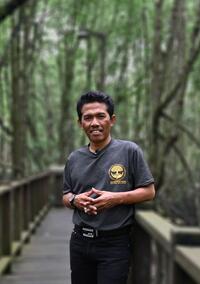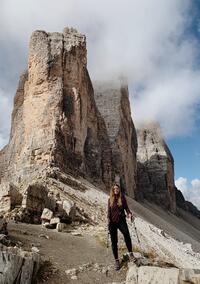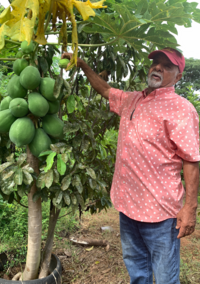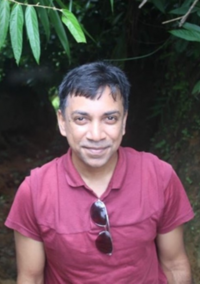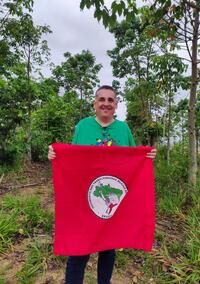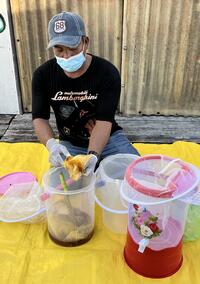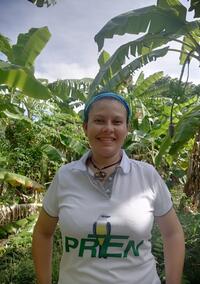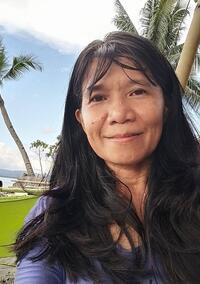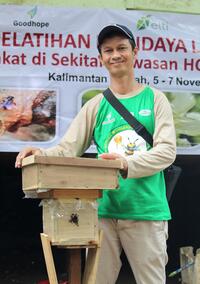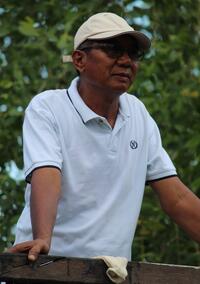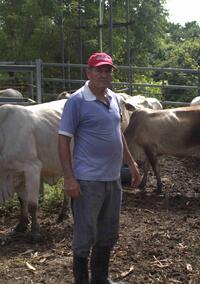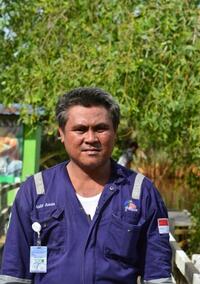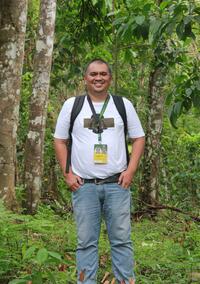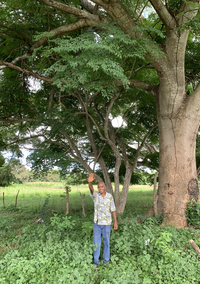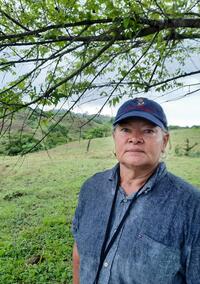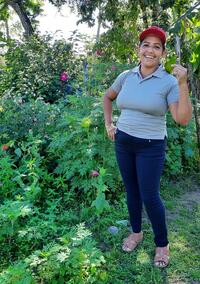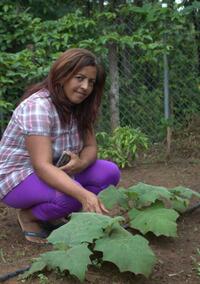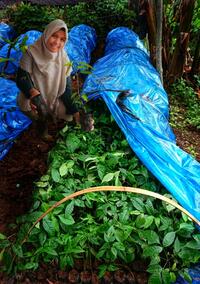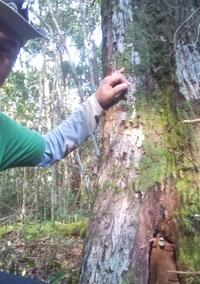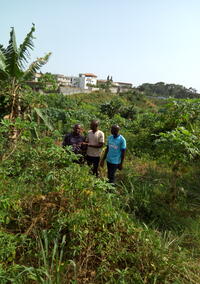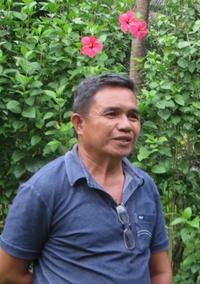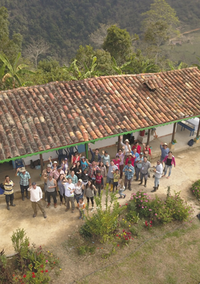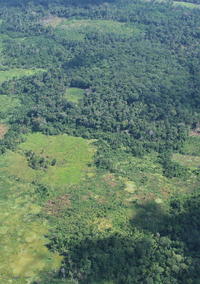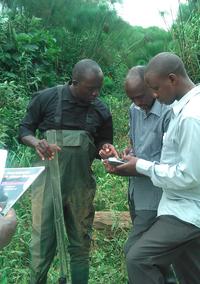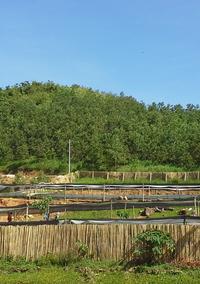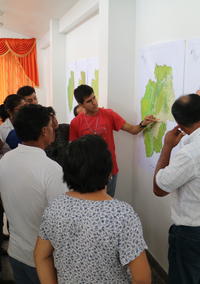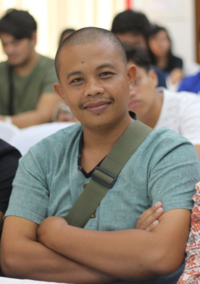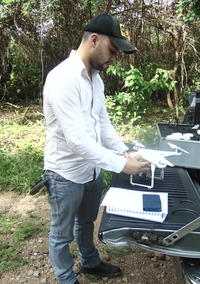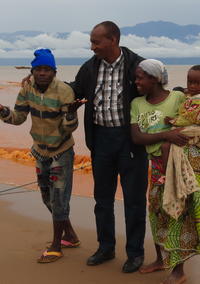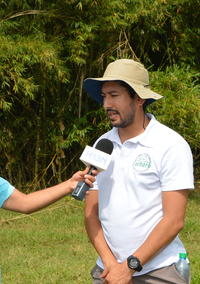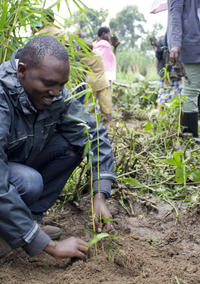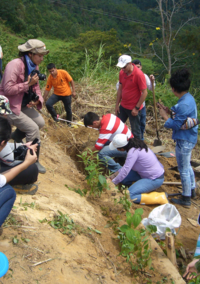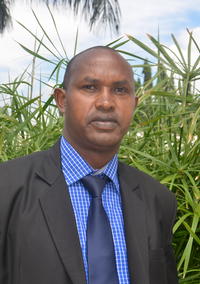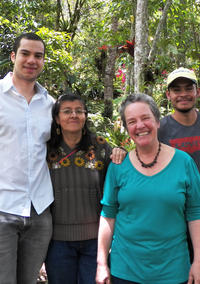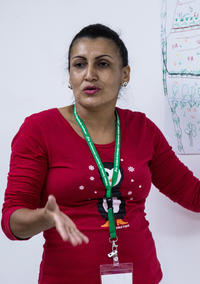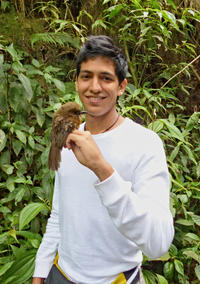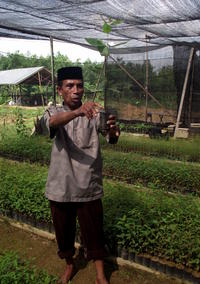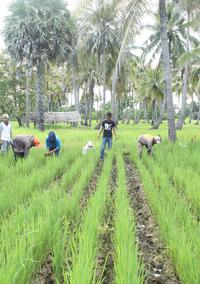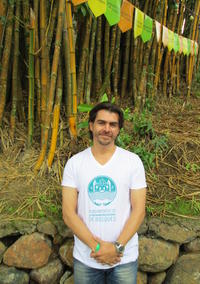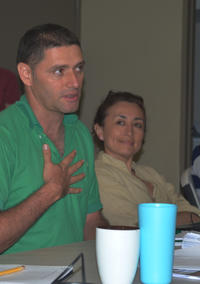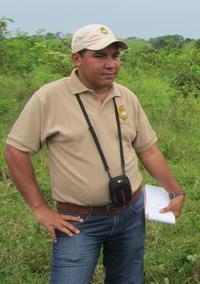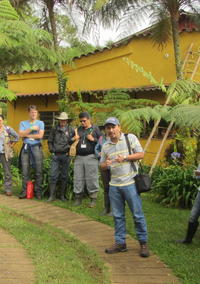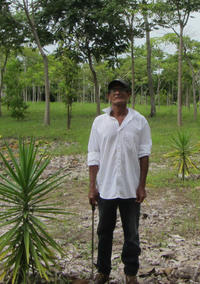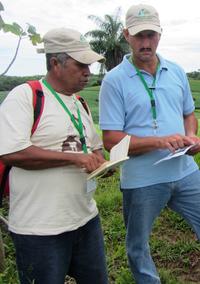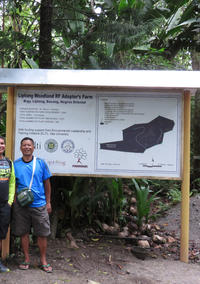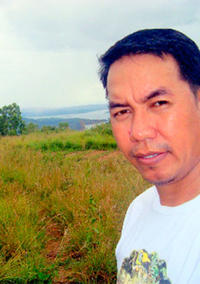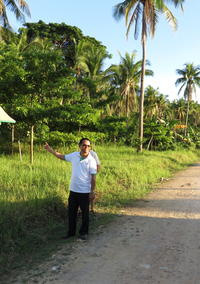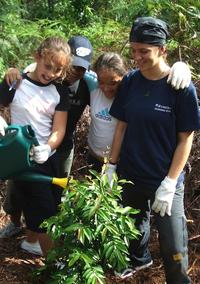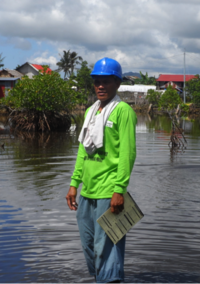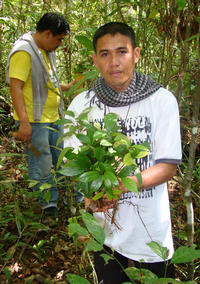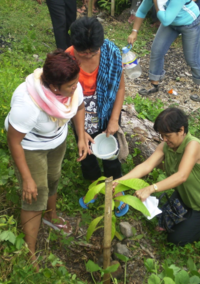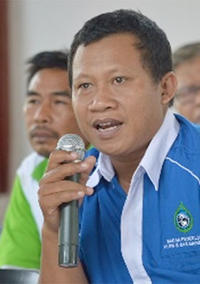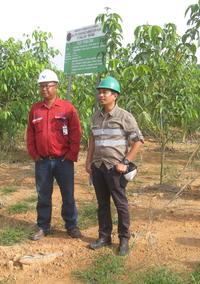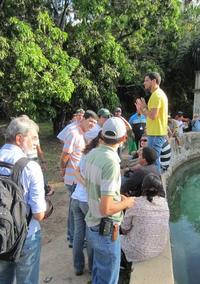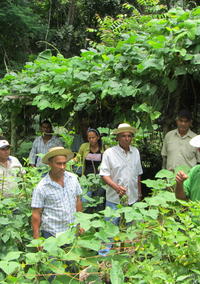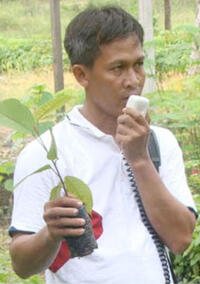You are here
Working with the Villagers of Pesanguan to Restore Forests in the Bukit Barisan Selatan National Park
The Bukit Barisan Selatan National Park (TNBBS) encompasses 356,800 hectares of land and stretches for 350 kilometers along the Bukit Barisan Mountain Range on the Indonesian islands of Sumatra. Consisting of highly biodiverse tropical rainforest, TNBBS is one of three national parks on Sumatra that have jointly been recognized as a UNESCO World Heritage site. Much of the island’s forests have been cleared in recent decades for the expansion of oil palm plantations, pulp and paper plantations, coal mines and smallholder agriculture. TNBSS contains some of the last remaining primary forest. Unfortunately, over 20 percent of the park itself has already been deforested and much of remaining forest is under threat as encroachment for the expansion of coffee, cocoa and pepper industries continue.
Since 2012, Evi Indraswati and PILI Green Network have been pioneering community-based forest restoration activities in TNBBS. Initially funded through the Tropical Forest Conservation Action for Sumatra, a US-funded Debt-for-Nature Swap, their efforts have focused on engaging with the people of Pesanguan village, which is located in the park’s buffer zone. Their goal has been to reduce encroachment and begin restoring 200 hectares of cleared forest.
In 2015, Evi participated in an Indonesian-language ELTI online training entitled, “Tropical Forest Restoration Strategies,” which underlined that restoration is not just planting. This course helped her generate new ideas on how to share knowledge with the local community and provide additional economic benefits. Through the Leadership Program, ELTI provided support for community training, nursery development and the restoration of three hectares using native forest trees. This activity was implemented in coordination with the Pesanguan Forest Conservation Group (KPHP), which started with only 20 members. With the successful implementation of this activity, there are now 65 active members of the group. Elementary and high school students have also gotten involved in raising seedlings in the nursery beds, which are distributed for planting and maintenance. Evi published a book that outlines the details of this project.
In October 2020, Evi participated in another ELTI online training entitled, “Nursery Establishment and Vegetative Propagation Techniques,” which enriched her knowledge about diversifying plant propagation techniques. In the beginning of the project, Evi’s group was reliant on procuring their planting materials from seeds and by collecting wildings from the forest. Now with the new techniques, they are experimenting with the propagation of a much larger percentage of the 130 species found in their reference ecosystem.
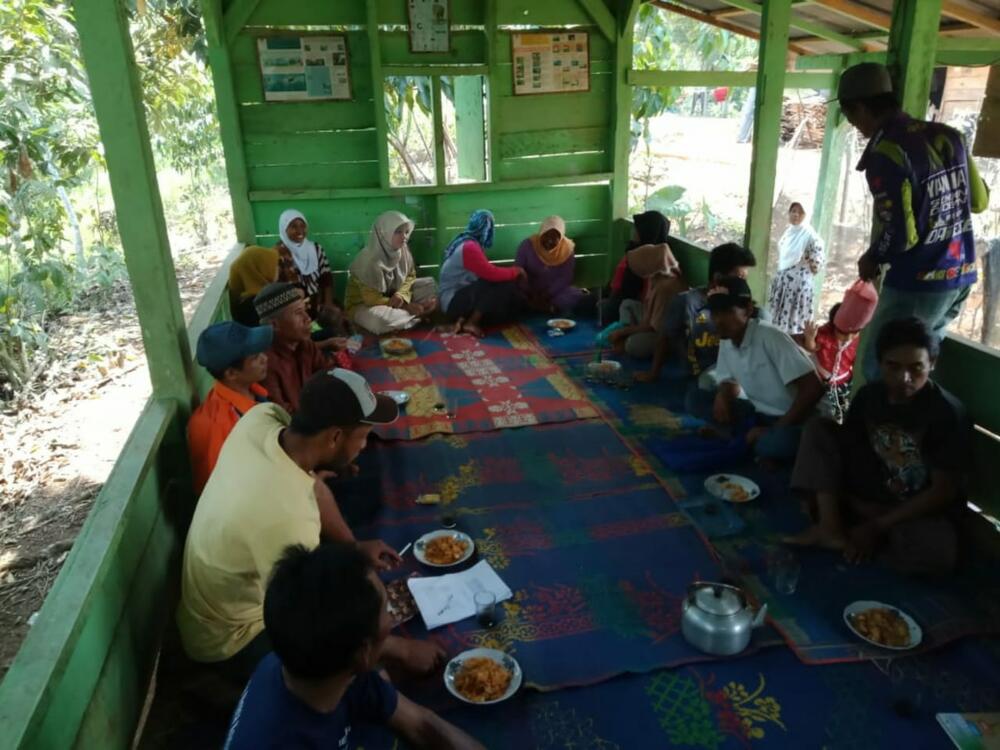
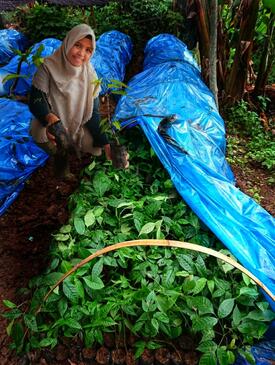
Acknowledgements
Thank you ELTI and Tropenbos Indonesia! Your support has proven beneficial for the people of Pesanguan village by changing their paradigm of thinking. They now recognize that even forest encroachers can contribute to preserving the forest through community-based restoration.






